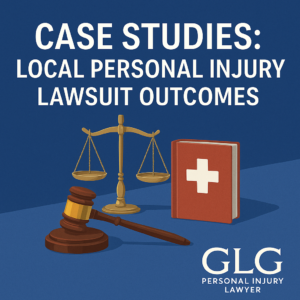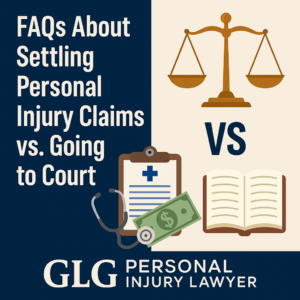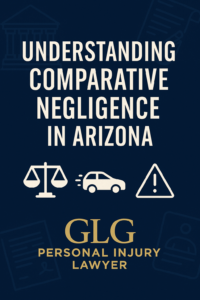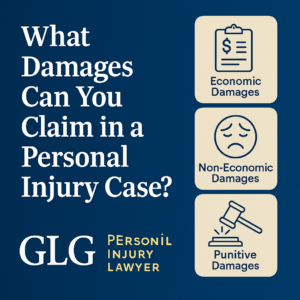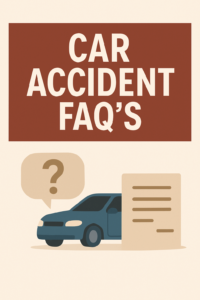
Settlements vs. Going to Court: What You Need to Know
Settlement and trial are two of the most important things that a person has to do at the time of a personal injury claim. They all have relative advantages and disadvantages, and selecting the proper procedure can make a difference in your case. As GLG Personal Injury Lawyers, we know how frustrating and even paralyzing this decision can be. In this blog post, we will compare settlements and going to court so you can make the right decision for your case.
What is a Settlement?
A settlement is a mutual understanding and compromise between the aggrieved person who sues the other party (the defendant or their insurer) without a trial. In a settlement, the defendant pays a particular sum to the plaintiff in return for a promise from the plaintiff not to sue anymore. Settlements usually happen in any proceeding stage of a case; however, it is common to experience them before the trial stage of the case.
The lawyers in the two cases can discuss the settlements orally. If the two sides agree, they execute a legal document that legally binds them. The terms of this settlement are often private, meaning the information about them does not need to be published.
What Do People Do When In A Court Process?
Litigation in a civil case means laying your personal injury case out in Court. In this case, a judge or jury decides the matter. The case goes to trial if no settlement is reached. There are typically arguments, evidence introductions, and other witnesses’ subpoenas.
If the case is taken to further trial, it will be up to the judge or the jury whether to put the defendant accountable for the injuries you have incurred or not. The judge determines the amount the defendant has to make a payment for. Litigation is very tiresome, and it can take months or even years before a civil case is prosecuted and then settled.

The Advantages of Settling
Settling your personal injury claim offers several key advantages:
-
Faster Resolution
Thus, a case is often resolved far more quickly than a trial. After the case is solved, you can get compensation fairly fast, which is great if you need the money to pay for something, such as medical expenses or lost wages. While investigations can take a few weeks and occasionally even hours, trials can take months and sometimes years.
-
Certainty and Control
When you request, you have more management oversight than when you settle. One can appeal the terms of settlement payable, which both parties accept. However, in trial situations, the decision depends on the judge or jurors, and you can only hope to get your case closed in your favour or get appropriate compensation.
-
Lower Legal Costs
Appealing a case is costly since one has to pay court fees, fees for expert witnesses, and many others. A settlement is also normally cheaper compared to a trial since the processes that have to be followed are minimal, making it affordable for those with few legal means to carry out a trial.
-
Less Stress
Court hearings are always demanding, especially so for those who may be grappling with the effects of their injuries. It is faster and tends to be less complicated than trial, and thus eliminates all the ensuing emotional stress.
-
Confidentiality
Another advantage of the settlement is that the terms of that agreement are kept under seal. If a customer prefers the outcome of a case not to become public, then it is advisable to settle it. Trials, however, are open to the public, and the details of your case could become public information.
The Disadvantages of Settling
While settlements have many benefits, they may not always be the best choice for everyone:
-
Lower Compensation
Certainly, one potential disadvantage can be the fact that you decide to settle after receiving a lesser amount than you could be granted in trial. Insurance providers always give settlements to avoid paying out a lot, and such offers will not usually replace your bills, lost wages, and emotional discomfort.
-
No Legal Precedent
In settlement, you lose the chance to make a legal precedent that can shape future cases. Suppose your case concerns a matter that may be useful to others sometime in the future. In that case, there is an opportunity to set some applicable legal precedents in similar cases.
-
Pressure to Settle
Insurance companies may force you to accept payment for your losses even if such payment does not benefit you. Sometimes, due to a lack of legal tender, one feels forced to accept an offer much less than they deserve. It is to your advantage when you engage the services of a legal attorney in the sealing process to avoid machinist figures being imposed on you.
Pros of Trial Handing
While going to Court can be a lengthy and costly process, there are times when it’s the best option for a personal injury claim:
-
Prospective of Receiving Better Pay
It is also true that going to Court might bring a potential for a more significant award. When you seek trial, a judge or jury may give you more special damages, such as pain and suffering or emotional distress. Further, compensatory damages could include punitive damages if the defendant had engaged in atrocious conduct.
-
Public Accountability
When you go to court, we make them answer for their actions. This can be especially true if the defendant was reckless or committed an act of malice that led to injuries to other persons. A court decision can make a statement and might also act as a warning for future malfeasance.
-
Legal Precedent
If your case involves a legal issue that has not been tried, approaching the Court is beneficial for setting a legal precedent. For future plaintiffs of the same case, a favourable court ruling serves as a precedent, and a legal precedent helps them in Court.
The Disadvantages of Going to Court
In Court, especially when one is standing, they do not hurry to accept an offer to settle the case. If you feel that your compensation offer is low, you reject the offer and proceed to trial instead. This gives you the option to seek a better result in the case.
While taking your case to Court may have its advantages, it also comes with some significant downsides:
-
Time-Consuming
Dispute resolution through court trials can take years, sometimes months. There are also high chances of getting multiple hearings, depositions, and the trial stage itself, all of which take a lot of time to produce a resolution on your case. For individuals who require speedy justice, the process of court cases could be a major drawback.
-
Uncertainty
Gaining geographical access to a courtroom adds the element of risk. As much as you may be confident of your case, you can still lose or be awarded a settlement you didn’t bargain for. It generates uncertainty when considering particular evidence in a certain way, which the judges and juries may perceive in a wholly different way.
-
Higher Costs
Court trials can sometimes prove to be costly. Apart from attorneys’ fees you’ll be charged, other expenses you have to cater for include costs on experts, costs on the courts, and all other costs that may be associated with litigation. If you fail, you can be subjected to heavy incidences to pay that you were never prepared to meet.
-
Emotional Toll
A trial can be a very exhausting affair. This is especially true in the process of the trial, where you have to retell how you got injured in an accident, and this may be painful. Some people may carry high levels of stress when they go for a trial; therefore, the positive outcome may not be worth it for such people.
How to Make the Right Decision
The condition of your case will determine the course of the final decision. To make the right choice, you can see the following:
- Consult with an Attorney: An experienced personal injury lawyer can assess your case and advise you on the right action.
- Assess the Settlement Offer: Before evaluating an offer and moving to a settlement, your attorney should review with you any proposed settlement offer adequate for the case. Once the figure is so low, it becomes possible for the plaintiff to consider going to court as a viable option.
- Consider Your Priorities: Reflect on your objectives about the case. Speaking of obtaining a result, a settlement may be more suitable if you seek a fast decision. Sometimes, going to Court may be right if you want to set a legal procedural precedence or get a more significant number of bucks.
Conclusion
In either a settlement or a trial, which could occur in a personal injury case, there will certainly be something that will impact you in the future. As for your injuries, you will need to make the right choice, depending on the case of GL Personal Injury Lawyers. If you have no idea how to turn, feel free to seek all the legal help you require from us. Remember, we’re just a phone call away, so please call us now and schedule your no-obligation consultation. Let us help you with your personal injury claim.


